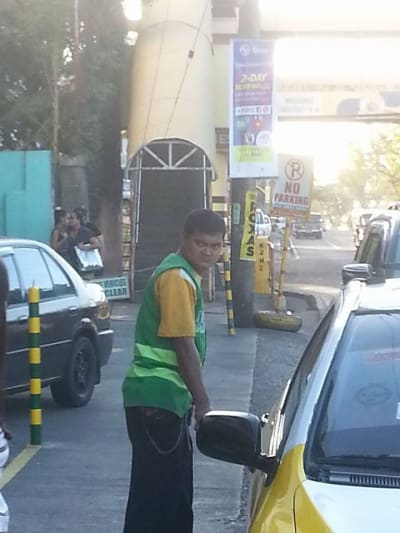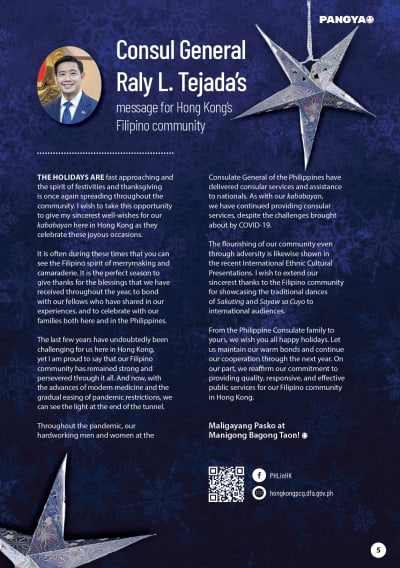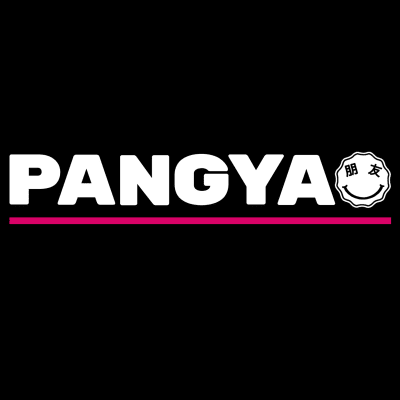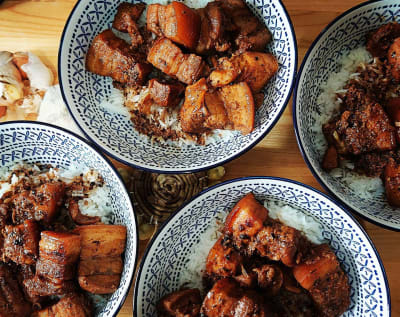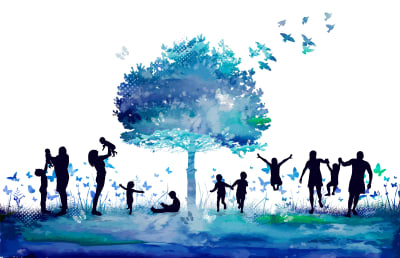Kopi Luwak / Civet Coffee…, and the price to pay.
By Ron R. Lacson
It is the most expensive coffee on the planet. It is also the yuckiest when you begin to realize that the coffee beans were coated with knots of cats’ excrement (well ok, ‘poo’ if you want to be afforded with further clarity) before they find their way into your cup.
I’ve ordered a cup of Kopi Luwak when I was in Jakarta last year (the pre-Covid days); and as my colleagues and I sat in a rather comfy coffee bistro – which has unique styles of wooden curved seats that suit any arse – inside a large mall, waiting to be served our respective chosen java drink, I contemplated the arrival and taste of the remarkably complex, full-bodied, smooth coffee with its alluring aroma.
Oh, did I already mention that it’s expensive (very)? I guess I did. I won’t mention the figure here, but it could well equal to a day meal, or up to a 3-day meal of a family of 5 – depending which country that family lives.
Let me give you a little more background about Kopi Luwak.
Kopi Luwak or Civet Coffee alludes to the coffee beans which came from coffee berries eaten and defecated (yuck!!) by Asian palm civet cats. What happens is that these lovely animals in the wild have the ingenious capability to choose and eat the best coffee berries; then their supposedly amazing digestive gizmo enhances the flavor and aroma of the coffee beans. And 'when they poo' (yeah, I know, it sounds like ‘Winnie The Pooh’), the bravest farmers – in terms of how they can stomach touching the faeces – will go and climb the hills to collect the ‘shits’. They’ll wash them of course to get the beans back.
The cats can only digest the fleshy pulps and skins but not the beans. So, the bean collectors are sometimes called ‘Mr. Beans’ (ok, I made that up 😊).
If you would have a chance to visit popular supermarkets in Jakarta, some very attractive packed Luwak Coffee displays would entice and probably convince you to buy them; that is if you could also convince your wallet.
When my black Civet Coffee cup arrived, it came with 3 much smaller empty cups. I’ve asked for extra holders so I can share the experience with my two equally peppy colleagues. We were not disappointed (really?); I was impressed (or at least that’s how I thought I felt) with its smoothness and aroma. A handful of used-to-be-shit-coated beans has magnificently turned into a cup of liquid black coffee with all the exaggerated adjectives attached to it.
I am not a coffee expert so maybe, yeah maybe…, I was just influenced by the hoopla that surrounds this yet to be proven myth, that I tried so much for its taste to be worth the affluent cost we paid for it. So I convinced myself that it was really different, that its savour was refined and sophisticated, and that its aroma was highly agreeable.
Was I right? Mmm…, whenever I ask this question to myself, I am…was… have been… usually… normally… customarily… wrong.
Anyway, I was quite delighted when I finally finished the last drop. I stood up and returned the classy wooden chair back to its original location – which was anywhere. That’s one off my bucket list; ‘Drink the most expensive coffee in the world – Civet Coffee’ -> “CHECKED” (so I suppose I am now in the same league with Morgan Freeman and Jack Nicholson).
I told myself that I might try it again when I get the chance. That was definitely an affair worth repeating. I’ll tell my friends about it. No, I’ll tell my enemies too. Ha!!! Those were the phrases that were playing in my capricious mind…, I also felt happy, joyous, buoyant… well…, until I got back to my hotel room, got the chance to turn on my dilapidated Lenovo laptop, connected to the internet, and did further research about the cat whose ‘poo’ is allegedly more useful than the brains of many politicians in my country.
What I found out was very disturbing.
All the while, I was under the impression that these civet coffee beans were all – or at least mostly – being harvested in the wild, i.e. as a result of the farmers’ efforts in collecting the beans released as ‘poo’ by these nocturnal animals. It wasn’t the case. They were collected from ‘CAGED’ Civet Cats; mostly in shocking and inhumane conditions.
When the tittle-tattles about this coffee started to become sensational, a few curious and well-meaning journalists and pundits also began their investigations about the process of getting these coffee beans into the market. The results of the explorations were staggering. I have got a few garnered photos above.
The poor animals are exploited, like disposable tools being used to get the desired outcome. This is really sickening to think. The cruelty handed and bequeathed to these shy by nature and nocturnal mammals is beyond injustice. They were being held in small and dirty hutches fed with ONLY AND ONLY coffee cherry beans. All these detestable daily drills eventually render inevitable harmful upshots to the animals’ health.
The stress, strain, anxiety, and distress they suffer – as results of being confined in crowded pens – also cause them to lose sanity and allow them to amass unrestrained anger and hate that they fight among themselves and hurt one another. Most of them die in agony and pain. And to what end? For their ‘poo poos’ to mantle coffee beans? What could be more nonsensical than that?
This highly industrialized and commercialized CIVET COFFEE has now become an instrument of animal savagery. This has to stop. As I write this piece, I have already joined the ‘Kopi Luwak: Cut the Crap’ community.
It’s a campaign launched by Tony Wild – who was with a BBC team that probed the Sumatra Coffee farms – earnestly persuading coffee drinkers and coffee companies to eschew and avoid the shit…, I mean the coffee. I have referred to some of Mr. Wild’s researches and writings to get relevant information about Luwaks and the menace that is abutting them.
Please try watching the attached video. After you’ve watched the video, you could now agree with the conception that this whole KOPI LUWAK industry is a joke. An embarrassing joke to the coffee consumers. But to the destitute (and now diminishing in numbers) palm civet cats, this whole shenanigan is more than just a joke, it’s NAZIstic and barbarity, and they’re the grantees. What a price to pay!!
Civet Coffee is supposed to be rare (collected from the wild), and that’s why it is pricey. But if they are now common and can be produced in tons in no time – thanks to the sufferings of the captive civet cats – then why the heck is Kopi Luwak still expensive? Why are the producers and marketers still enthusiastically inflating its price? Are we still in doubt that this whole ‘rare-and-wild-that’s-why-it’s-expensive-and-smooth-and-taste-good’ propaganda is bogus?
The other sad fact about this sham is that aside from thriving in Indonesia, it also now lurks in other countries like Vietnam, the Philippines, and China. It’s a scary reality because it confirms that the weight and plausibility of a belief – like that of a poo turning magically into a highly graded consumable coffee mazard – can just entirely depend on its stalwarts’ credo and opinion, ‘and sadly, not on reasons and science.’ Regretfully, this mischief would continue for as long as the bandwagon is still there (for consumers) and for as long as the money is marching into their pockets (for producers).
I don’t deny that there is a sense in which perception can be inspired by the desire to be part of what we suppose as elite, but if it is to the detriment of other living things and to the promotion of atrocity to other creatures, then the conscious humanist approach is to STOP and OBLITERATE the practice. We should kindle and apply our moral concern to everyone with life and to anyone with the capacity to feel and experience pain.
The question is not, ‘Can they reason?” nor, Can they talk?” but rather, ‘Can they suffer?” – Jeremy Bentham
When my friends and I went to another coffee vendor that sells famous Indonesian Coffee (we all love Indonesian Coffee – incidentally, Indonesia is the 4th largest producer and exporter of coffee in the world; next to Brazil, Vietnam and Colombia), we all bought 250 grams each, of different variety…, and no, no, no…, NOT Kopi Luwak, which they also sell for a much higher price.
Ironically, we were not asking any question about it but the vendor conspicuously mentioned to my friend – “these ‘luwak beans’ came from the wild, not from the caged ones.” That then tells us that they know the controversy now enveloping the industry, and they are hardly doing anything about it, except just espousing lies that theirs came from the wild. How the heck can we confirm that their formerly pooed beans came from the wild, and not from the cage? Shall we just believe them and take their statement at its face value? Are they pooing and fooling us?
I hope that the governments of all the countries which cater to this Coffee Civet industry will do the right thing. Either they stop this whole economic activity and industry OR formulate stricter laws and regulations – and apply them commensurate to the highest order – that will only allow collection of palm civet cats’ poo from the wild (… let’s admit that ‘collection of pooed coffee beans in the wild’ also creates jobs for people …). I also hope that those who are informed about this devious practice (caging civet cats) will knowingly shun the drinking of Civet Coffee.
Stick with your favorite coffee brand. And Me? mmm…I will remain loyal to Coffee Arabica…, and other varieties from time to time; NEVER AGAIN Kopi Luwak, NEVER AGAIN Civet Coffee.
These days, when I embark to reminisce about the Coffee Civet’s flavour and aroma, it’s actually not so special. Now, I do not think that it tastes great. And come to think of it, I can’t afford that uncivil cup of poo for my daily morning hot beverage either anyway.
Notes: Photos of the cages and the caged civet cats are courtesy of The Guardian. BBC, Today I Found Out, and PETA.









